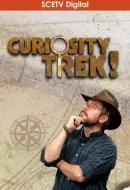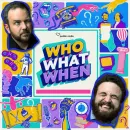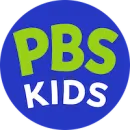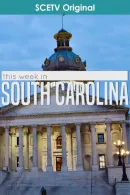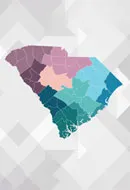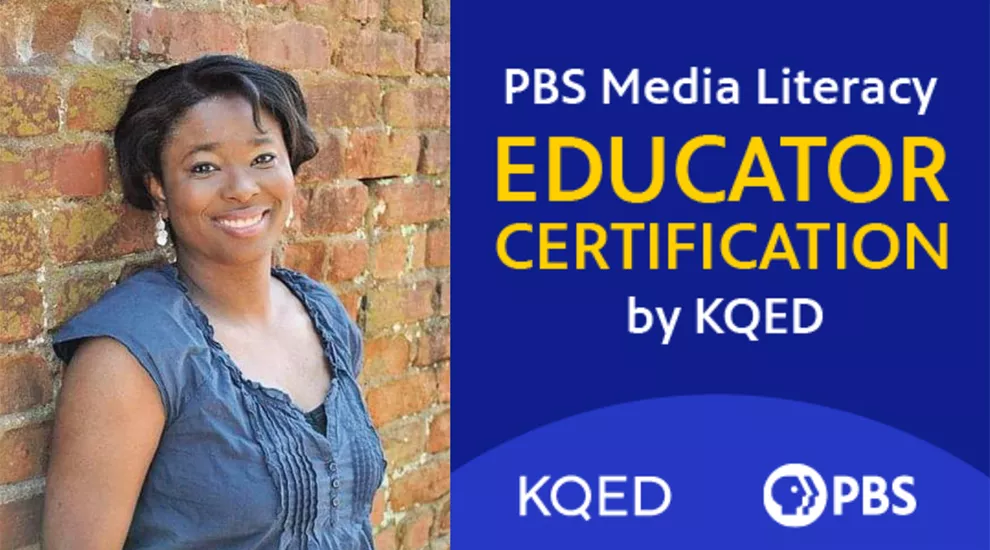
If someone were to ask me what media literacy is a few months ago, I may have simply answered with the following examples:
-
Books
-
Newspapers
-
Magazines
Basically, anything that is printed, right? I’ve had to realize, however, that literacy is so much more than that. Especially if this is the road in which I am going to get through to my students.
I know. I can hear the groans. Not another person trying to tell you how to teach. You can rest easy! I’m not here to do that. I know that it IS tough to develop a brand new way of teaching when that is what works for you. But, my village, please hear me out!
I recently attempted to gain certification through the PBS Media Literacy platform. And I am so glad that I did! While gaining my certification, I have picked up a few “shareables” along the way (I must be kind of hungry, because that sounded as though I’ve read that off of an Applebee’s menu).
1. Take Media Literacy LITERALLY
Media literacy is the way through which information is gained. Our students spend a ton of time on Snapchat, Instagram, and Twitter. And how can I forget about TikTok. The internet is a type of media. It has made it possible to gain knowledge on command. For example, phone videos make really quick tools for virtual field trips. Use that knowledge to your advantage!
2. “With Great Power Comes Great Responsibility”
Looks like Uncle Ben from the Spiderman Universe was correct. Keep his advice in mind when teaching students about media literacy. We are living in a new COVID world. There are tons of tools that the internet provides that you can add to your media literacy toolbox. But, just like anything else, students need to know how to correctly use those tools. This is for their safety and their academic integrity. Most school districts have an academic and internet policy in place. It does not hurt to create your own or add to the one that is already in place!
3. Media evolves constantly, so keep up!
As educators, we have to remember that literacy comes in many forms like music, art, journals TV shows, movies, etc. Don’t box yourself into a few forms of media. Experiment and allow your students to take control of their learning. Think of media literacy as a language and students are foreigners. It is up to us as educators to go outside of that box once in a while. What better way to do that then to allow the native Snapchatians and TikTokers to help you figure out the language of the platform. We won’t tell anyone that you still remember the days when you got excited because the TV cart was rolled into your classroom. ;)
4. Rubrics and Media Literacy Go Hand In Hand
Yes. Rubrics are the way to go for assessments. But, using them to assess media projects and other assignments seriously makes the education world go around! My suggestion here is to build in mini checks for understandings into your rubrics. You will be able to provide your students quality feedback while guiding them through media literacy exploration.
5. You are the teacher. Strut your educational superpowers!
I think that we all have needed to hear this one, so here you go. My friends, you are special and talented! You got this! The PBS Media Literacy has taught me so much! I expected that. After all, you have to work for certifications. What it has also done, is that it allowed me to showcase the teaching skills that I do possess. So, go ahead and give them your best work. That way, when you get the feedback, hopefully, you will see what I already knew. You are an amazing educator!
As I progressed though the eight micro credentials for the media literacy certification, my teaching style evolved. When I completed a micro credential, a weight fell off of my shoulders. With each badge, I was on pins and needles waiting to be awarded. And I lived for the consistent feedback. The entire experience has made me feel what it feels like to my students as they go through my class. The PBS Media Literacy Certification made me view media literacy as a student. And I feel that it has made me a better teacher for my students. So, create those videos, look at many forms of artwork, listen to music, podcasts and spoken words and bust a move on TikTok. Do it for your students. Put the “LIT” into literacy.
Bio: Lekena Ackerman is a Social Studies teacher at Southeast Middle School in Hopkins, South Carolina. She has her Bachelor of Arts in Social Studies from Ashford University. Mrs. Ackerman has been a teacher with Richland One since 2015. She is currently serving as the Southeast Middle School Teacher of the Year for 2020-2021 and has been honored by the South Carolina Bar Association as the 2020 SC Law Related Ed Middle School Teacher of the Year. A highlight of her career so far came in September of 2020 when she was featured along with her students on NBC’s Today Show highlighting how teachers are able to come up with creative ways to teach lessons during the COVID-19 Pandemic.
Mrs. Ackerman may be reached via email at lekena.ackerman@richlandone.org or via Twitter at @StudiesW.
From our Educator Guest Blogger Series
* Be our next Guest Blogger! Learn more.
Note: This guest blog does not necessarily reflect the views of ETV Education.
